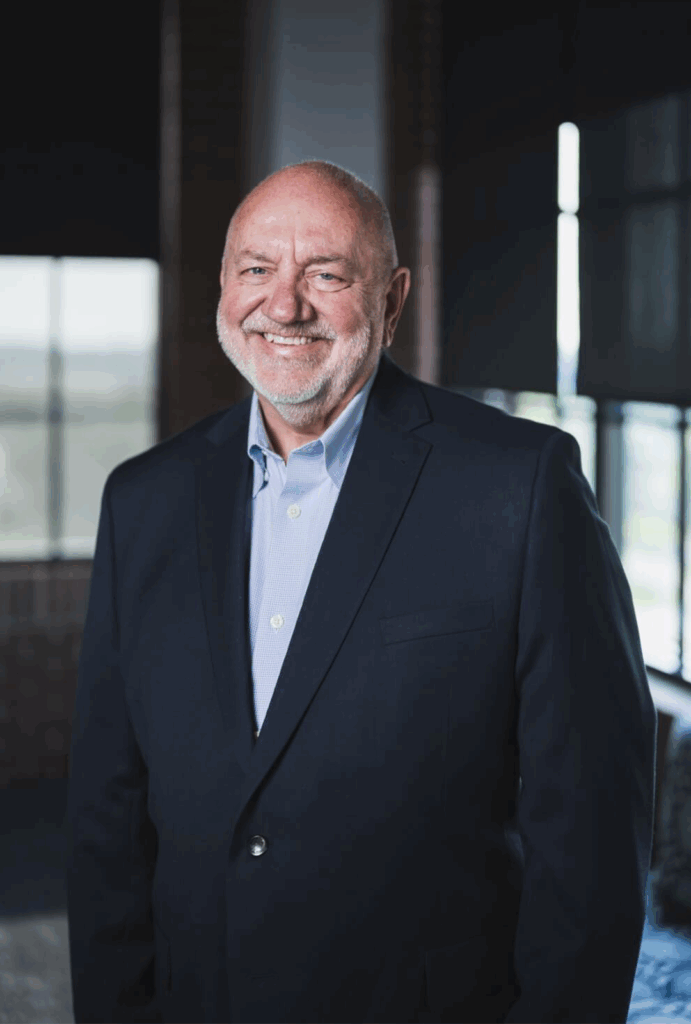Region A
Connector Coming Soon
Serving Jasper, La Porte, Lake, Newton, Porter, Pulaski, and Starke Counties
Many students do not attend college but have few options for training after high school that prepares them for a rewarding, high-quality career or advances their existing career. At the same time, many Indiana employers are unable to grow their businesses or meet customer demands due to a lack of qualified personnel.
Simply put, Hoosiers need more options after high school. Those options can, and should, start well before graduation and continue into adulthood.
The INCAP Apprenticeship Program (INCAP AP) offers multi-year apprenticeships for high schoolers that combine classroom learning with paid on-the-job training. When students graduate, they receive the Employment Honors Plus diploma seal. At the end of their apprenticeship, they earn an INCAP AP credential.
The INCAP Career Program (INCAP CP) offers industry-led programs for adults that combine coursework and paid on-the-job training. Adult students, who typically continue to work part- or full-time, earn an INCAP CP professional degree or an advanced professional degree, equivalent to an academic bachelor’s or graduate degree.
Students have the flexibility to adjust their path to fit their goals.
Note: As you navigate this path, make sure to start from the bottom and work your way up to the top.

By earning a university graduate degree, you deepen your content knowledge and are well prepared to further your career.

After completing a required set of courses at a two- or four-year college, you’ll earn an academic associate or bachelor’s degree.

In this traditional four-year high school experience, you’ll spend the majority of your time taking classes to prepare for college. You’ll earn a high school diploma that comes with an Enrollment Honors or Enrollment Honors Plus Seal.

While completing a higher-level program of industry-led education and training, you’ll deepen your skills and earn an INCAP Career Program advanced professional degree (the equivalent of an academic graduate degree).

Through the INCAP Career Program that offers industry-led education and training for adults, you’ll build new skills while continuing to work at least part-time. You’ll earn an INCAP CP professional degree (the equivalent of an academic bachelor’s degree).

Your multi-year apprenticeship combines at least three days a week of paid on-the-job training with relevant high school classes. You’ll earn an Employment Honors Plus diploma seal, plus an INCAP Apprenticeship Program credential.











Focuses primarily on classroom learning



Combines work-based and classroom learning
Focuses primarily on classroom learning

Combines work-based and classroom learning


Colleges and employers recognize both pathways, so students who earn a degree or credential can transition to a more advanced program in the other pathway by completing requirements like classes, exams, or work experience.

Employers are helping define the skills and knowledge INCAP students need to fill the jobs of today and tomorrow. This is a major differentiator for INCAP, and it means students will be ready for in-demand careers and employers will have access to well-prepared talent.
Industry Talent Associations – organizations charged with leading employer engagement – are already active in multiple industries and are seeking employers to join their efforts. The ITAs will bring employers together to select occupations for INCAP programs and build the relevant education and training framework, with some industries recruiting students in spring 2026 for apprenticeships that begin at the start of the 2026-2027 school year.

Twelve regional organizations serve in the role of INCAP Connector. These organizations recruit high school students for INCAP apprenticeships, support student and school success, and interact with Industry Talent Associations.

Serving Jasper, La Porte, Lake, Newton, Porter, Pulaski, and Starke Counties
Serving Elkhart, Fulton, Kosciusko, Marshall, and St. Joseph Counties
Serving Adams, Allen, De Kalb, Grant, Huntington, Lagrange, Noble, Steuben, Wabash, Wells, and Whitley Counties
Serving Benton, Carroll, Cass, Clinton, Fountain, Howard, Miami, Montgomery, Tippecanoe, Tipton, Warren, and White Counties
Serving Clay, Parke, Putnam, Sullivan, Vermillion, and Vigo Counties
Serving Brown, Daviess, Dubois, Greene, Lawrence, Martin, Monroe, Orange, and Owen Counties
Serving Gibson, Knox, Perry, Pike, Posey, Spencer, Vanderburgh, and Warrick Counties
Serving Clark, Crawford, Floyd, Harrison, Scott, and Washington Counties
Serving Bartholomew, Dearborn, Decatur, Franklin, Jackson, Jefferson, Jennings, Ohio, Ripley, and Switzerland Counties
Serving Blackford, Delaware, Fayette, Henry, Jay, Randolph, Rush, Union, and Wayne Counties
Serving Boone, Hamilton, Hancock, Hendricks, Johnson, Madison, Morgan, and Shelby Counties
Serving Marion County
CEMETS iLab Indiana is a coalition of more than 300 leaders committed to helping Indiana take bold action to solve our education and skills mismatch. This group represents a variety of sectors, including business, K-12 education, higher education, government, non-profit, and philanthropy. Much of the thinking has been inspired and informed by the proven and continuing success of a similar system in Switzerland, known as “Vocational and Professional Education and Training.” iLab leaders have closely studied the Swiss system and analyzed ways in which learnings there can have practical applications here – while still meeting the unique needs of Hoosier students.
Funded by the Richard M. Fairbanks Foundation.

CHAIRMAN & CEO, FIRST INTERNET BANK

PRESIDENT & CEO, RICHARD M. FAIRBANKS FOUNDATION